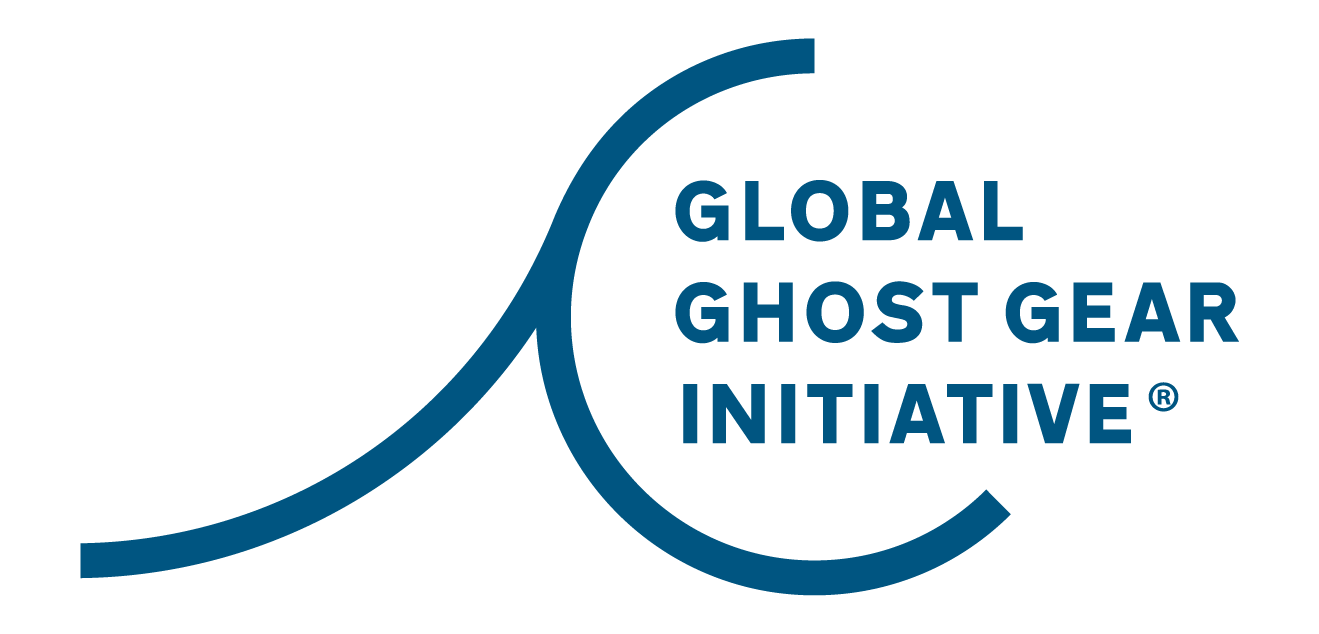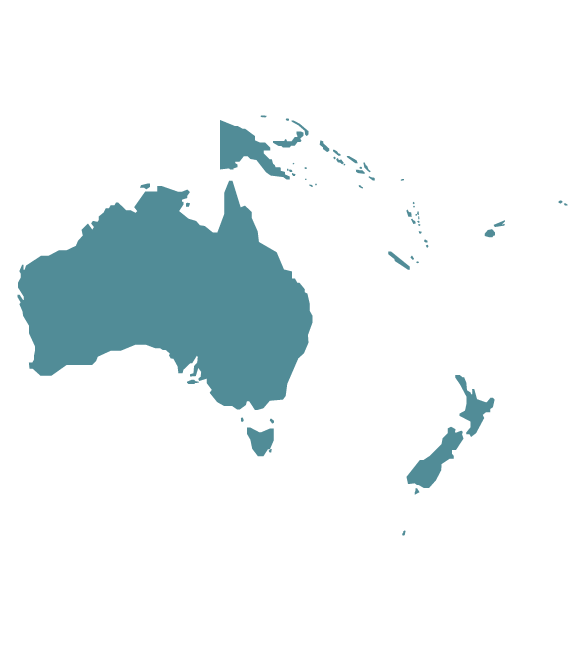Our
projects
Projects on this page are divided into two categories: GGGI Signature Projects and GGGI Small Grants.
GGGI Signature Projects are collaborative projects that have been designed by and funded through the GGGI involving several GGGI members and other partners contributing to large-scale and often multi-phase projects.
GGGI Small Grants are projects are funded through the GGGI Small Grants Program, which is a competitive bid-based program open to GGGI members only, pending available funding. GGGI Small grants typically involve one or more GGGI members working on specific projects in select geographies.
GGGI projects by region - select a region and then click “explore” to see projects from each region
All Projects
Search by Category
- Africa 3
- Asia 5
- Capacity Building Workshops 11
- Central and South America 1
- Data Collection 13
- EOL Gear Collection/Recycling 12
- Europe 4
- Fisher Interviews 9
- Gear Removal 24
- North America 14
- Oceania 2
- Outreach and Education 20
- Predictive Models 5
- Side Scan Sonar Surveys 5
- Technology Testing 8
- UAV Surveys 4
GGGI Signature Project - North American Net Collection Initiative (NANCI)
Our signature North American Net Collection Initiative (NANCI) project is the first-ever transboundary initiative to prevent ghost gear in the coastal waters of the western United States, Mexico, and Canada. The GGGI, along with the Government of Mexico and several local non-profit organizations (including WWF Mexico, Pronatura Noroeste, Manta Caribbean Project, Wildcoast, and Bureo Inc.), and supported by funding from a diverse set of funders including the U.S. National Oceanic and Atmospheric Administration’s (NOAA) Marine Debris Program, and the Builders Initiative, have come together to tackle ALDFG in a holistic way under the NANCI project banner.
GGGI Signature Project - Pacific Northwest
The Pacific Northwest region of Washington State and British Columbia is an area of incredible biodiversity and, as a result, significant fishing activity, particularly for Dungeness crab and various salmon species. There has been significant work done in the region previously by several GGGI members, including the Northwest Straits Foundation (NWSF) and Natural Resources Consultants (NRC) in Washington State and the Emerald Sea Protection Society (ESPS) in British Columbia. Part of this work by NWSF and NRC includes the creation of the Puget Sound Crab Pot Prevention Plan and the Reporting, Response, and Retrieval (RRR) Program for newly lost nets, a program being conducted in coordination with the Washington Department of Fish and Wildlife.
GGGI Signature Project - Indonesia
Led by the Government of Indonesia’s Ministry of Maritime Affairs and Fisheries (MMAF) in collaboration with the GGGI, the objective of the ALDFG 3R Pilot Project is to deliver pilot projects for the full ALDFG lifecycle across the “3Rs” —to reduce, retrieve, and recycle ALDFG—and to explore a circular economy blueprint that could be developed in Indonesia. In addition to generous funding from the Government of Netherlands, the activities are also being supported through funding from Bumble Bee Seafoods. The current phase of the project expands on the work that commenced in 2017 to assess the practical and economic feasibility of various gillnet gear marking options for small-scale and artisanal fisheries, prove gear marking could form part of a comprehensive fisheries management system to help reduce ALDFG and IUU, underpin and strengthen the provisional recommendations to the (then) draft UN FAO VGMFG, and scope the viability of a net recovery and/or recycling project.
GGGI Signature Project - Vanuatu
The GGGI has been working with partners—including the Vanuatu Fisheries Department (VFD), Vanuatu Environmental Science Society (VESS) and Natural Resources Consultants (NRC)—since 2017 to increase community uptake of best practices for managing fishing gear in Vanuatu and to gather ALDFG data for the GGGI global data portal. As a continuation of the GGGI’s work in Vanuatu, the project team has built on lessons learned during earlier activities and has expanded engagement with local stakeholders. The project has continued to help raise awareness about ghost gear in Vanuatu while building capacity and generating community buy-in to effectively reduce and prevent gear loss going forward.
GGGI Signature Project - Gulf of Maine and Rhode Island
Each year, thousands of lobster traps are lost in the Gulf of Maine due to poor weather, broken groundlines, and buoys buffeted by storms, or cut loose by boat propellers. These lost traps have significant ecological and economic impacts, resulting in diminished lobster populations and hundreds of thousands of dollars in lost revenue and replacement costs across the industry. To address this issue, the GGGI has been working with partners on the ground, including the Gulf of Maine Lobster Foundation (GOMLF) and Commercial Fisheries Research Foundation, as well as local fishers for years to help solve this problem by doing annual gear removals in the off-season as well as holding voluntary end-of-life “gear grab” events and local knowledge sharing and capacity building workshops.
GGGI Small Grant (2023) - Go Green Malawi (Malawi)
This pilot project aimed to protect human and environmental health from plastic waste and abandoned, lost, or discarded fishing gear (ALDFG) in Malawi by strengthening knowledge and capacity among decision makers in Malawi. An initial feasibility study was conducted and included research, trainings, and community science to determine the causes and sources of ALDFG, examine costs and opportunities for return and recovery, and overall reduction of plastic waste. The study is also considering the causes of abandonment of the traditional methods and tools, the level of acceptance among fishermen to return to them, and a cost benefit analysis of such reintroduction. During the first quarter of the project, 8 collection points were established in Nkhata bay and Salima districts (substitute for Monkey bay).
GGGI Small Grant (2023) - Hagamos Más (Mexico)
Fundación Hagamos Más por Santa Rosalía (Hagamos Más) is a community service non-profit in Baja California Mexico that works with fishing communities to promote community participation and women’s empowerment on a variety of issues. Through the GGGI Small Grants Program, Hagamos Más has been implementing a “weigh and pay” program for the recovery of ALDFG and other plastic marine debris from Mexico’s westcentral Gulf of California coast, along with a variety of outreach activities with fishing communities in Baja California Sur, Mexico. Women from fishing communities have been trained and paid to be communicators for the program, an approach that has reached nearly 840 people in four priority communities so far. These women are dedicated and effective, and they have become community leaders in the effort to mitigate ALDFG in their local environment.
Joanna Toole Award (2023) - Ocean Legacy Foundation (Canada)
Over the last five years, the Ocean Legacy Foundation has successfully established seven Ocean Plastic Depots (OPDs) across British Columbia, Canada, and has developed a Plastic Pollution Emergency Response Facility in Steveston, British Columbia. This endeavor represents one of the largest marine debris collection and recycling networks in the country and engages a variety of regional and local community partners, marine industry stakeholders, as well as local Indigenous groups. This project is building on the ongoing work of Ocean Legacy in the development of a provincial strategy around the responsible recycling and end-of-life management of marine debris and ALDFG materials.
GGGI Small Grant (2023) - Environment and Food Foundation Cameroon (Cameroon)
Through this project, the Environment to Food Foundation (E2F) Cameroon has built on the organization’s existing work in Douala, Cameroon, to provide a holistic approach to the sustainable management of ALDFG by increasing the knowledge base among relevant stakeholders through data collection, education campaigns, and prevention and mitigation efforts. Workshops, educational materials, and direct engagement with the fishing community has lead to an increase the reach of E2F and continues to empower local communities and to drive policy and advocacy efforts around ALDFG.
Joanna Toole Award (2022) - Uganda Junior Rangers (Uganda)
This project is designed to address ALDFG along various fish landing sites around Lake Victoria, Uganda; analyze ALDFG impacts on the health of Lake Victoria fisheries; educate the local community on ALDFG; map ALDFG waste and disposal sites; and recover damaged, old and discarded fishing nets left in and around Lake Victoria or on its islands.
GGGI Small Grant (2021) - Local Independent Sea Anglers (UK)
Engaging with local authorities, national agencies, and partners, this project delivered a community-based approach to promote awareness of, recovery of, and research into the origins of ALDFG, from both commercial and recreational sources along the Sussex Coast. The project was the first to research ALDFG from recreational sources, and targeted identified hot spots where ALDFG could be removed, deposited safely, collected and transported for recycling.
GGGI Small Grant (2021) - Enaleia (Italy)
With the support of GGGI, Enaleia was able to establish this project in the region of Emilia-Romagna, activating more than 600 fishers to collect 25,000 kgs of ALDFG for the first time in Italy, and facilitating the upcycling and recycling of more than 90% of the collected material. The project has been up and running since the initial small grant support in 2021, and is now replicating in more areas of Italy.
Additionally, Enaleia’s Mediterranean Cleanup project has expanded over the last year to Spain and Egypt, envisioning a Mediterranean Sea without ALDFG, where fishing communities are part of the solution.

Become a Member
Interested in becoming a member? Click the button below to learn more.


















